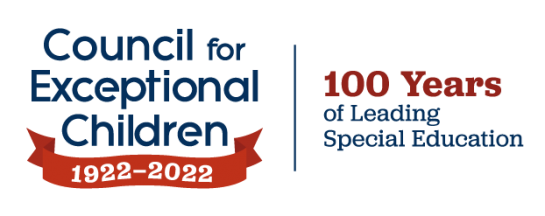As we enter our 100th year of leading special education, the Council for Exceptional Children (CEC) is recognizing exceptional educators from around the world who have shown a passion, dedication, and commitment to making a difference in the lives of the students who they teach. Hear from teachers about their personal experiences working in the field, and get inspired to make your own impact this year.
The SPEDucator Project
The SPEDucator Project is made up of Hawaii DOE special education teachers, who were selected by educational leaders for their passion, ingenuity, and excellence in the field of special education. These "SPEDucators" advocate for equity to better serve special education students, parents, and our communities. The focus is to change the narrative and improve educational outcomes and livelihoods for individuals with disabilities.
Watch the Video:
This inaugural grassroots project began in collaboration between the Hawaii Department of Education and UH Mānoa's College of Education, Department of Special Education and has expanded as a community building endeavor through grant funding provided by the Governor’s Emergency Education Relief (GEER) fund.
Using an intentional design that focuses on building up a community of the best special education teachers in the state. In our pilot year, we were able to launch the “Someone Special for Students” and social media campaigns to elevate and change the narrative around the profession. We focused on empowering these SPEDucators to become leaders in the field by learning about policy, state structures and provided sped specific training in areas such as data collection and the Na Hopena A’o framework. Lastly, we inspired them to begin thinking of how they can address a problem of practice within their own classroom, school, complex, or for the state through their own passion projects.
Internally, we built this collective to represent the broad scope of what special education teachers must know and be able to do. Special education teachers are often teaching across multiple things: grade levels, placements, subject areas, and disability types. As a result, this field is often too broad and complex to be able to rely on any particular person or resource. It is our belief that all special educators need a community of people with varying knowledge and expertise to go to for continual support and allows for collaborative learning and problem solving
